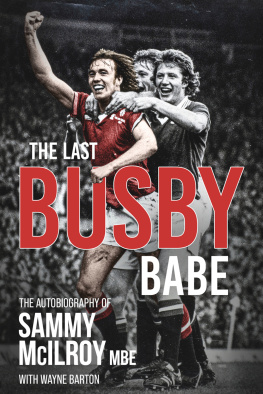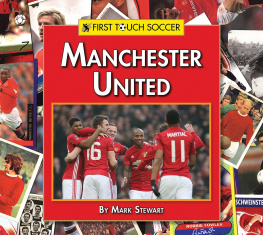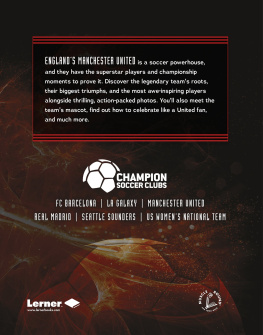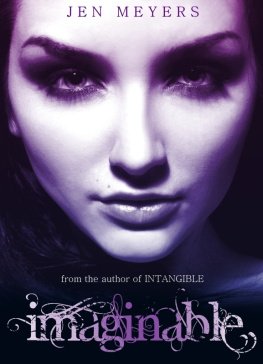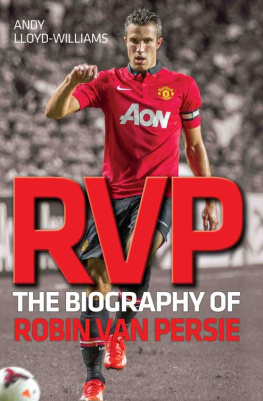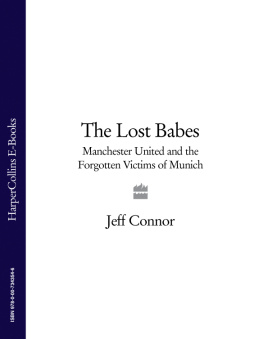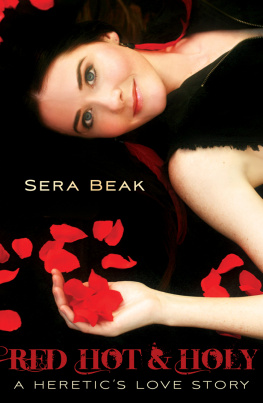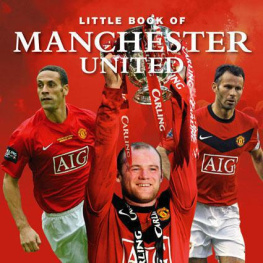First published by Pitch Publishing, 2019
Pitch Publishing
A2 Yeoman Gate
Yeoman Way
Durrington
BN13 3QZ
www.pitchpublishing.co.uk
Wayne Barton, 2019
All rights reserved under International and Pan-American Copyright Conventions. By payment of the required fees, you have been granted the non-exclusive, non-transferable right to access and read the text of this e-book on-screen. No part of this text may be reproduced, transmitted, downloaded, decompiled, reverse-engineered, or stored in or introduced into any information storage and retrieval system, in any form or by any means, whether electronic or mechanical, now known or hereinafter invented, without the express written permission of the Publisher.
A CIP catalogue record is available for this book from the British Library
Print ISBN 978 178531 626 5
eBook ISBN 978 1 78531 659 3
--
Ebook Conversion by www.eBookPartnership.com
Contents
Dedicated to Dave Murphy.
This was your team.
Foreword
MANCHESTER UNITED always had the reputation of being the biggest club in the world. I had grown up as a young player seeing, and playing against, the Busby Babes. By the time I became manager of the club in 1981, that reputation was founded on historical success rather than their recent accomplishments. For the previous 13 years or so, results hadnt gone as well as hoped. Other clubs had surpassed them in the meantime, namely Liverpool.
Restoring that success, to me, meant re-establishing United as a top European club. United had this great tradition of playing in European competition, but since winning the European Cup it hadnt really happened that often. It was when I was managing Manchester United in ties abroad that I was given a greater appreciation of the size of the club and how they were loved worldwide. But we are talking about a special kind of reverence that might be difficult for todays younger supporters to fully appreciate; today, the club could probably survive on revenue from the megastore, and back in the 1980s the club shop was owned by Sir Matt Busby and only opened sporadically. When I took the job at Old Trafford, one of the first things I spoke to Martin Edwards about was my ambition to make United a major force on the Continent again.
I intended to do that playing good football. I never considered this to be the Manchester United way. I had my own ideas and belief about the way the game should be played, and I think my track record at clubs like Aston Villa and Sheffield Wednesday would vindicate that. Supporters of those clubs are always quick to tell me that my teams played the best football they saw in years. Even at Oxford, I remember that I was bemoaning the lack of a top-quality winger and I was chided by a reporter who reminded me that we were the top-scoring team in the country without one! So people talk about the Manchester United way, but nobody took me to one side and said this is the way you need to play I always tried to have my teams playing the same way. Fast, progressive, aggressive football with flair. I would always like to have one or two players who could produce the unexpected.
That was a philosophy of football taught to me at Aston Villa by the great Jimmy Hogan. I hadnt realised the influence Jimmys ideas had already had at United; in this book, Wayne Barton has finally brought that to light. As Ive said, my role in this was coincidental, but I wholeheartedly believed in Jimmys maxim. Different circumstances might come into play, depending on the game and the opposition, but one of his fundamental philosophies was: When we have the ball, wherever we are on the pitch, were attacking. When they have the ball, anywhere on the field, were defending.
Jimmy emphasised the importance of taking care with the ball and accuracy of your passing. Those ideas have helped influence some of the more popular and prominent styles of football you see today. But Jimmy wasnt only about short passing, he wasnt against the odd long pass (as opposed to walloping the ball!). He could mix it up. A long pass could be considered just as important. He would stress that we had to look after the ball. The wing-half, he would say, is like a waiter in a restaurant serving the ball to the forwards. There was a commitment to hard work and entertainment.
That was what Manchester United fans wanted to see, and I suppose I was hired because Id brought that to West Brom, along with European football.
At United I succeeded Dave Sexton. Allow me to go on record, as I have many times before, to state that Dave was the best coach I have ever seen. Ive been on coaching courses around the world, Ive observed the top international coaches at work in World Cups, and Ive never seen anyone more inventive than Dave Sexton was. The sessions he put on were as good as any Ive ever seen; I witnessed him actually on the courses, delivering better sessions than the ones the instructors were putting on.
Dave was the victim of many misconceptions. Ive often seen his personality described as dour. I worked with him at Aston Villa, when he came to Villa Park as a youth coach when I was manager, and at the dinners at the end of the season he would get up and do a few renditions of one or two old London songs. I always found him great company.
Dave believed in good football as much as I did. The difference between us, as is astutely observed in this book, was that I believed in allowing and trusting players to play off the cuff, whereas Dave was a big believer in repetitive drills. At Villa, I had him working with every player at the club who was 21 or under, even if they were in the first team. One of those players was Dwight Yorke, a player who would go on to be renowned as one of the great natural instinctive forwards. And he was. He had a lot of natural flair. But so much of his movement, so much of the intelligence of his play, was a result of Daves work with him. I cant say why it didnt work out for him at United. If I didnt have such respect for him, I would have wanted him at Old Trafford with me, working to bring through those young lads. Of course, he would probably have been offended by that; but when I went to Villa, I had no hesitation in getting in touch with Dave. I hope that readers of this book will have a greater appreciation for his footballing ideals.
My primary intention wasnt for my teams to turn up just to entertain. I didnt go in to training every morning and say that on Saturday we wanted everyone to go home pleased because theyd seen good football. I wanted to win. I played to win. I happened to think that the things I believed in would help us to win. On most occasions, it did. Yes, I thought winning football and entertaining football could go hand in hand, but given the choice, Id always go for the victory.
It is tremendously difficult to pick out a single highlight from my tenure at Old Trafford, but it is no surprise given what Ive said above, that all of the ones which spring to mind had entertaining aspects but also that certain amount of tension which comes from the high stakes of managing at the highest level.
That game against Barcelona at Old Trafford in March 1984 was incredible for the atmosphere above anything else. It was unbelievable. That was also the case in the 1985 FA Cup semi-final replay against Liverpool, which was a great night. Coming from behind to beat them at Maine Road was truly memorable.
The FA Cup was the highlight of every season. Again, this is something that perhaps has a different perspective in the modern age, but in my mind, it is the greatest domestic cup competition anywhere, and that was certainly how it was viewed in the 80s. It was watched all over the world. So coming up against Everton, who had just won the First Division and European Cup Winners Cup, and defeating them, and then doing it in the circumstances we did, has to rank as number one.


